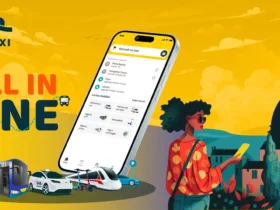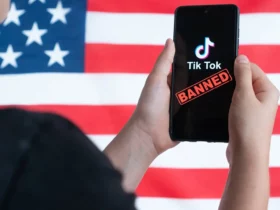Every time we introduce a new technological concept of global impact or, more concretely, a tech tool that should simplify the lives of citizens, we are greeted by an ambiguous feeling.
Happiness, on the one hand, to the idea of an ethical and civic use of technology (which allows, for example, to streamline bureaucratic practices). On the other hand, however, the thought goes to the groups of the population less accustomed to this universe, and one wonders how many certain discoveries really are, to the benefit of what percentage of citizens.
Another example can be that of fake news: if we were all literate to social media, we would be able to distinguish fake news from authentic ones. But who teaches digital illiterates an adequate use of social media?
In short, there is a need for a greater degree of awareness of the Internet, and more generally of the digital world. Schools and institutions can do a lot, for example by setting up courses, meetings and debates, especially for those who – such as the elderly, children or anyone with a low level of education – are not too accustomed to apps, social platforms, digital and related certificates.
In this sense, perhaps, something is moving.
The digital civil service
On Thursday 4 August the Council of Ministers opened the call for the digital civil service, aimed at 2,160 young people between 18 and 28 years old.
Their role will be that of digital facilitators. In short, the volunteers will take care of “making citizens competent and autonomous in the use of the internet and digital services, enabling a conscious use of the network.”
Applications can be made up to 2.00 pm on next September 30th. How? By accessing the appropriate section of the site with a tax code and password, or with the Spid digital identity. Which, it should be added with a joke, will be a very simple operation for digital facilitators.
Despite being a voluntary activity, participants will receive a monthly refund of 450 euros.
The projects
The volunteers of the digital civil service are located in various projects located throughout the national territory.
The types of projects range from “Education and promotion of citizens’ rights” to “Computer education”, from “Cultural education towards minors” to “Enhancement of local histories and cultures”.
The areas of intervention
In concrete terms, the children of the digital civil service will have the task of making citizens more aware of information technology and digital. But also to make them more aware through information technology and digital.
The areas of intervention of digital facilitators are defined on a page of the website of the Ministry for technological innovation and digital transition.
The young volunteers, therefore:
- they will facilitate the use of public online services, for example the creation of a digital identity, the booking of medical visits, the enrollment in an educational institution or an online course
- they will provide support in the use of digital services offered by individuals, such as managing a profile on a social network or on a portal to search for job opportunities
- they will bring citizens closer to the use of smartphones, PCs, word processing software or e-mail management, as well as raise awareness of IT security, illustrating the best behaviors to protect privacy and their data
- they will also promote cultural events and initiatives in the area, aimed at presenting new digital tools useful to citizens, schools, and businesses, involving various organizations in the planning of activities and managing specific communication and dissemination activities, online and offline.
The training of young volunteers
For the 2,160 young people of the digital civil service, in addition to the general training of the Universal Civil Service, a specific training course is provided by the Department for Digital Transformation, assisted by the Department for Youth Policies and Universal Civil Service.
The students will be trained on digital issues, and at the end of the course they will receive a certification.
The digital civil service and the PNRR
The digital civil service project is part of the PNRR (National Recovery and Resilience Plan) measures dedicated to digital skills and is part of the Universal Civil Servicecreated in collaboration between the Department for Digital Transformation of the Presidency of the Council of Ministers and the Department for Youth Policies.
For the digital civil service, in the three-year period 2022-2024, the employment of about 9,700 volunteer operators is expected with the ambitious goal of training at least one million citizens. The first projects, which will be activated in November 2022, will have a duration of 12 months.
We remind you that 1,007 volunteers are already working within the experimental program launched in 2021, in projects that will end between May and July 2023.
















Leave a Reply
View Comments